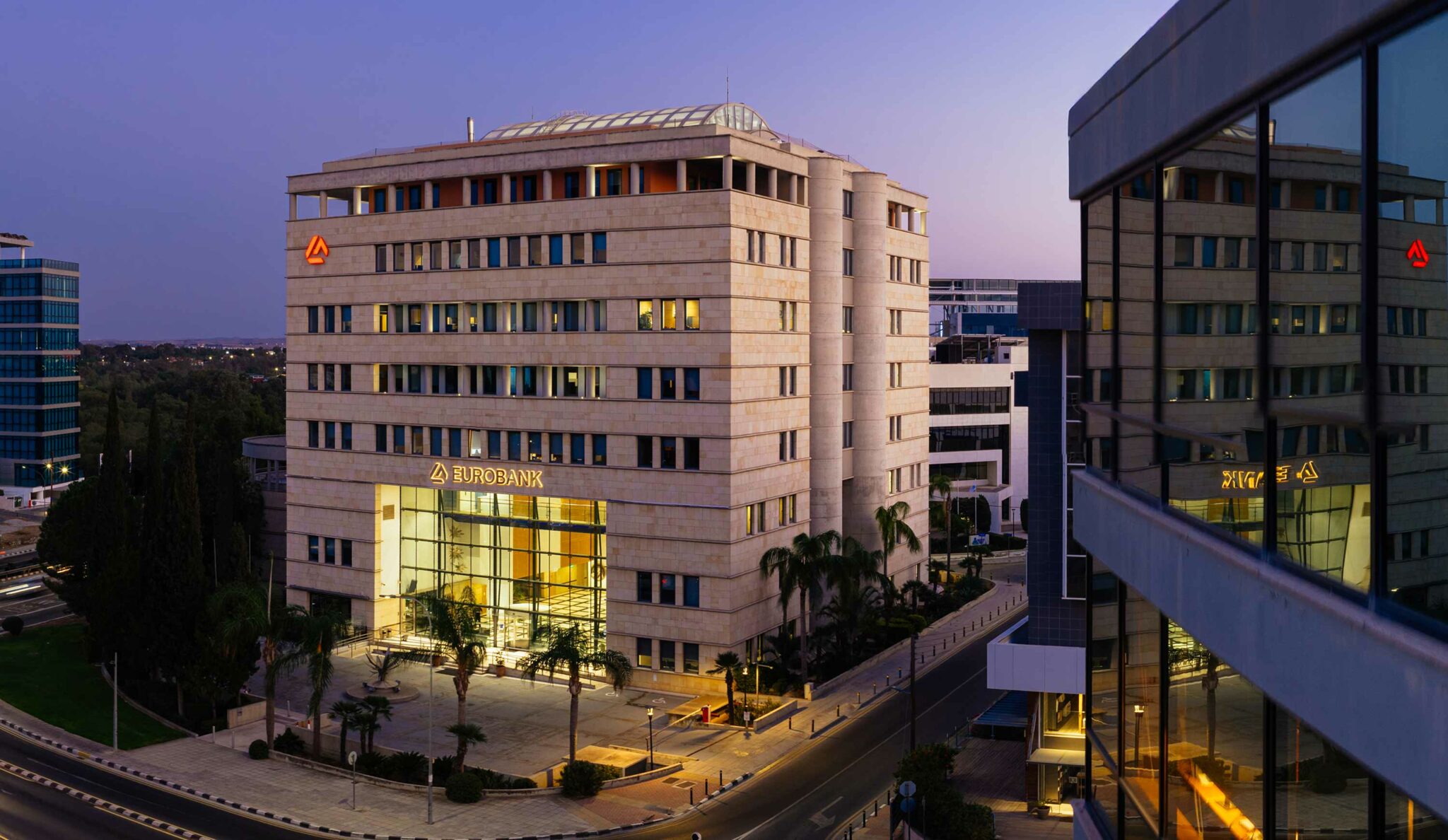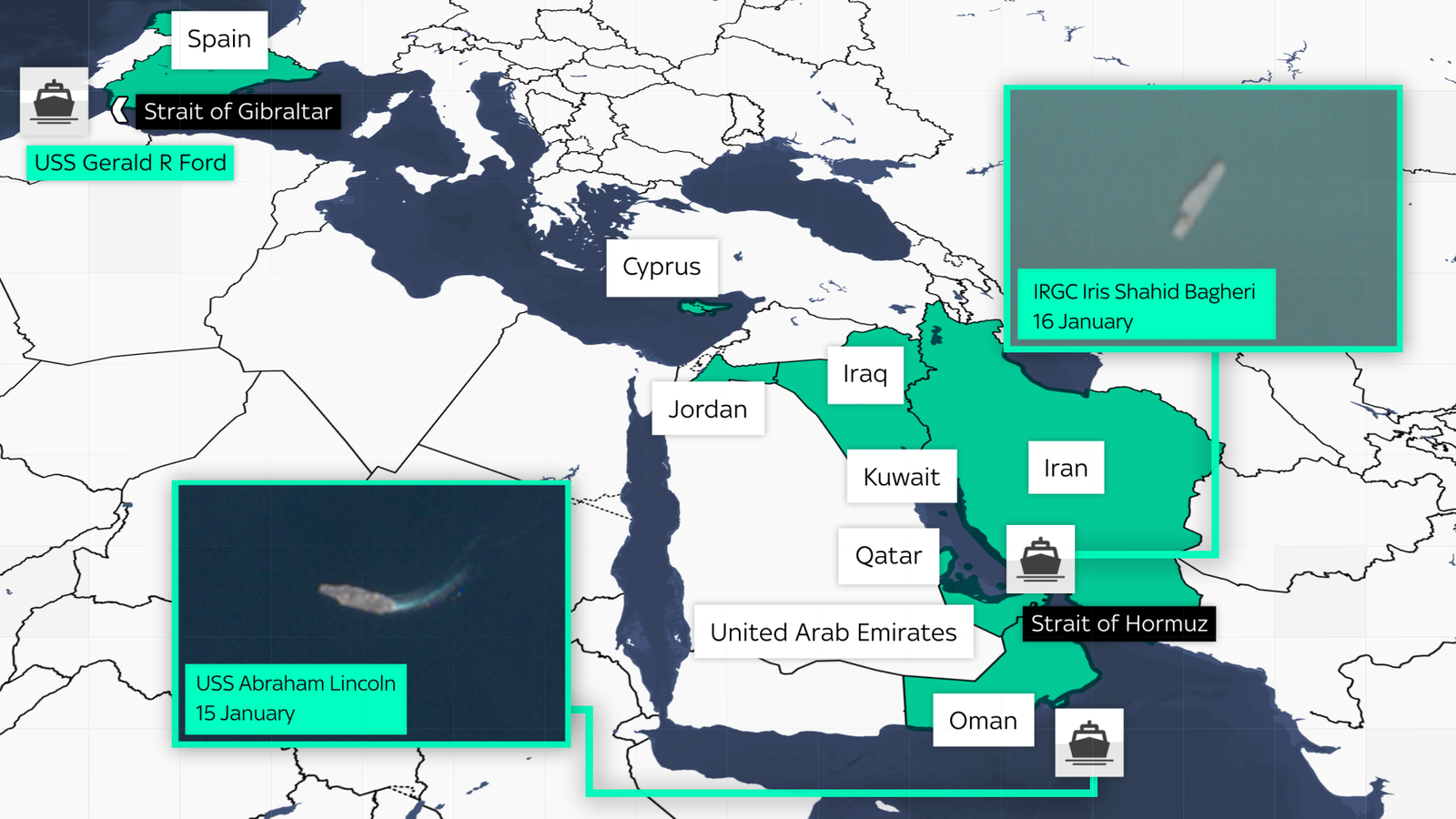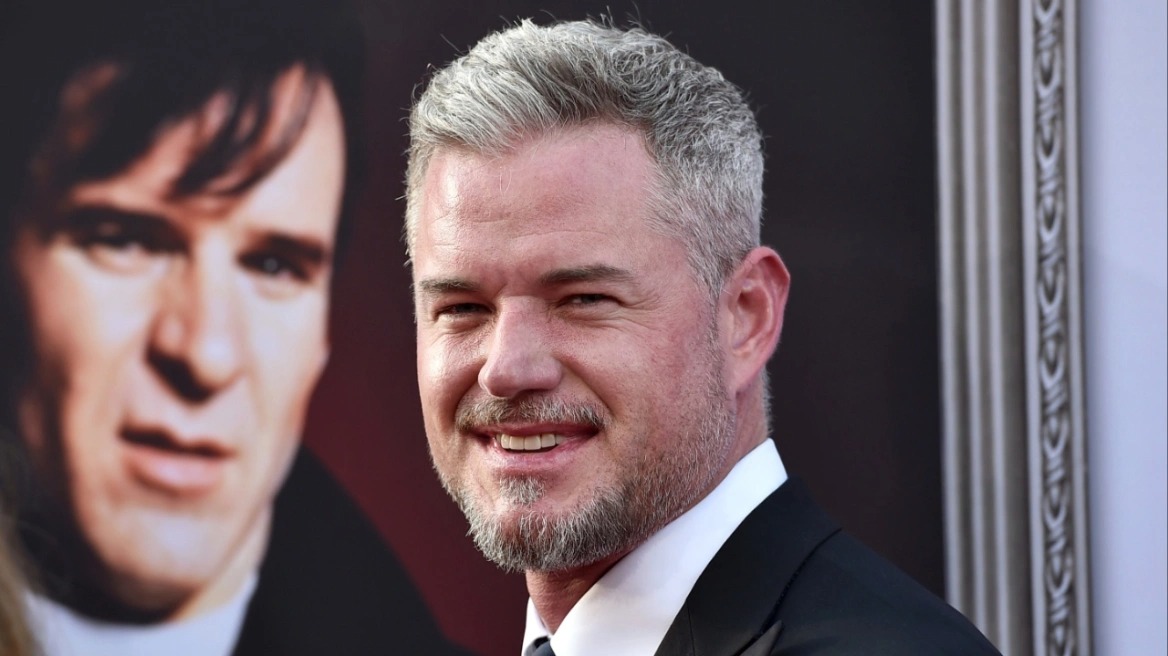The budget, the last of the current parliament, was approved by 451 votes to 142 with 78 abstentions and was immediately signed into law by President Antonio Tajani.
Chairman of the Budgets committee Jean Artuis spoke of a victory for Europe while lead rapporteur Daniele Viotti said the budget delivers on the priorities the EP had set out in March and then in July of this year
The vote follows last week’s approval by the European Council of the conciliation agreement.
“This budget is at the service of Europeans, youth, innovation, employment, security and defence. We have provided answers on two main priorities. On research, we were able to allocate an additional 150 million euros, almost 11% more than in 2018,to prepare for the future of Europe,” said Artuis.
“On Erasmus, which is so dear to us, we have been able to add 240 million euros. This is the last budget of the legislature. Of the five budgets that we have negotiated with the Council, I believe it is the one that best delivers on the Parliament’s expectations. This is a victory, I hope, for Europe,” he added.
Viotti said that in 2019, European citizens, institutions and municipalities, our research bodies, young people, businesses and SMEs, those that innovate, will have many more resources at their disposal.
“We will be able to better protect the environment, fight climate change or tackle migration. Parliament can be proud of the budget we have obtained, because it delivers on the priorities we set out in March and then in July of this year,” he said.
Added rapporteur Paul Ruebig: “15 years ago, the budget was still at 1.2% of the EU’s gross national income (GNI), now we are at 0.9%. While 30-50% of GNI is spent at national level, the EU has remained well below 1%. We have made savings in the area of pre-accession funds for Turkey, but also in other areas, such as building costs. This shows that taxpayers’ money is being used carefully in the negotiations.
The budget provides for commitment appropriations of total €165.8 billion and payment appropriations of €148.2 billion. Commitment appropriations are the cost of all legal obligations contracted during the current financial year, which might bear costs in the following years. Payment appropriations is money actually paid out during the current year, possibly to implement commitments entered into in previous years.
MEPs succeeded in reinforcing, on top of the Commission’s original budget proposal, programmes they considered key to boosting growth and jobs, reflecting widely agreed European Union priorities, namely Erasmus+ (+€240 million), Horizon 2020 (research programme, +€150 million) and COSME (support for SMEs, +€5 million). Horizon 2020 and Erasmus+ will be further boosted through a €100 million amending budget coming next year.
All in all, Parliament obtained an additional €688.5 million in the area of “growth and jobs”, also securing an increase for the Youth Employment Initiative of €116.7 million in commitment appropriations, raising the total to €350 million, to help youngsters seeking a job.
Refugee and migration crisis, cutting funds for Turkey
For Parliament, tackling migration and security are also among the European Union’s top priorities. They managed to boost the Commission’s draft budget for agencies with security-related tasks (Europol, Eurojust).
Similarly, for the external dimension of the migration challenge, they boosted priority lines by €171 million (on top of the draft budget) on the EU’s external action, which includes the Eastern and Southern Neighbourhoods, Western Balkans, UNRWA (+€21 million) and the Development and Cooperation Instrument (+€63 million).
On Turkey, MEPs made sure pre-accession funds were cut by €146.7 million, as they consider the deteriorating situation in relation to democracy, rule of law and human rights worrying.
After having secured sufficient reinforcements for EU programmes fostering jobs, competitiveness and cohesion, Parliament also agreed to financing part of the €3 billion second tranche of the Facility for Refugees in Turkey (FRT) with a total of €2 billion from the 2018 and 2019 budgets.
Climate and agriculture
As a supplementary effort to fight climate change, some of the reinforcements obtained by the EP (+€4 million for LIFE, +€8 million for sustainable transport in Horizon 2020) aim at inching closer to the target of 20% of climate-relevant spending in the EU budget for the 2014-2020 period.
Furthermore, the Parliament’s negotiating team obtained an additional €15 million in EU support for member states affected by African swine fever.
















